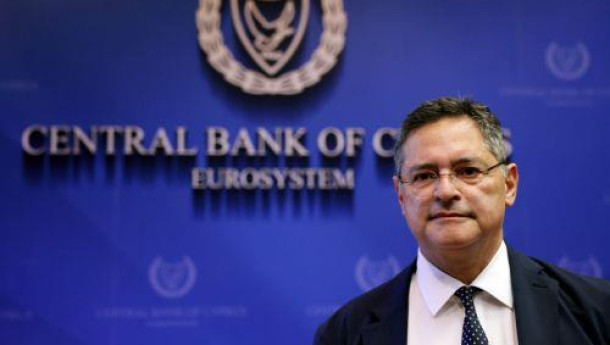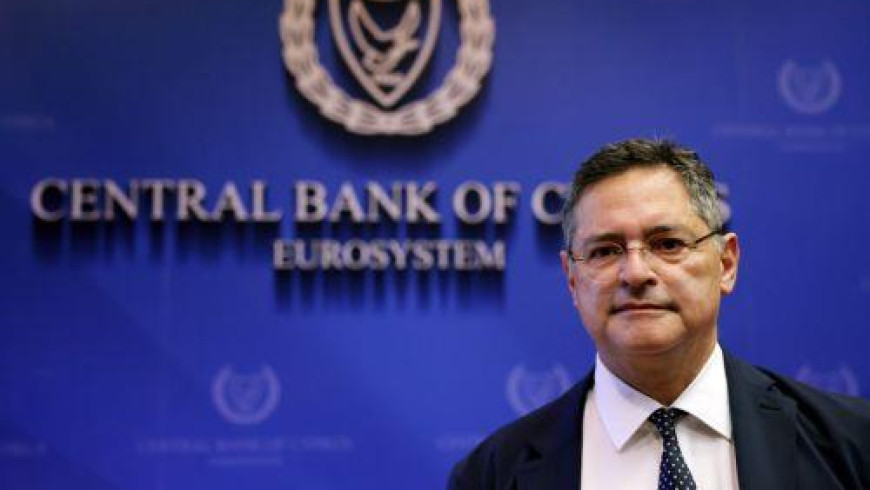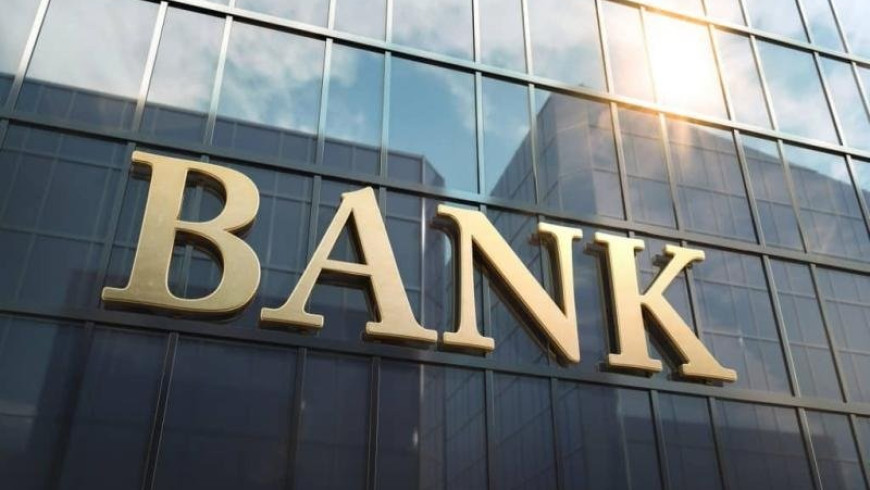
Central Bank of Cyprus Christodoulos Patsalides, pointed out the challenges and opportunities facing the banking sector in a climate of global uncertainty and emerging risks in a speech at the Credit Risk Management Conference titled “ESG Impact on Credit Risk"
Referring to the new requirements for managing environmental, social, and governance (ESG) risks, Patsalides stressed the need for banks to adapt to these factors, which directly impact credit ratings and necessitate a more comprehensive analysis of borrower resilience.
He pointed out that banks are now required to conduct thorough evaluations during the loan initiation phase to assess how these novel risks affect a borrower's creditworthiness. Environmental threats, such as the increasing frequency of extreme weather events, the accelerating impacts of climate change, and the global shift towards regulatory frameworks that promote a green transition, can significantly influence a borrower's credit capacity and resilience.
Patsalides also noted that social factors and governance considerations are gaining importance in credit risk assessments. Issues such as labour practices, corporate social profiles, employee well-being, and social inclusion can impact an organisation's reputation and, consequently, its revenue. He highlighted that governance risks, including transparency, corporate ethics, and accountability, are equally critical.
He added that geopolitical risks and the rise of protectionism can drastically affect credit risk by creating market instability, obstructing smooth trade practices, and disrupting supply chains. Furthermore, Patsalides warned that threats extend to cyberspace and infrastructure, placing the banking system in a new arena where risks could threaten its very sustainability.
The Central Bank Governor stated that banks were increasingly focusing on understanding how these emerging risks, arising from the current period of significant uncertainty, can alter the fundamental parameters of credit risk associated with loans.
This approach, he added, aligns with the expectations of regulatory supervisors and the investment community, as the market increasingly demands greater transparency and accountability in how financial institutions integrate these risks into their decision-making processes.
However, Patsalides acknowledged the challenges of incorporating these risks into banks' risk management practices, notably the lack of quality and reliable data.
Despite these challenges, he suggested that their impact could be mitigated through an outward-looking and effective governance framework that promotes open collaboration and the exchange of ideas, ensuring that decisions reflect a collective wisdom and adequately address the factors shaping the operation of the banking institution.
As for the opportunities arising from these risks, he noted that with a proactive and outward-looking approach, banks could strengthen their risk management frameworks and emerge as leaders in sustainable financing, playing a pivotal role in transitioning to a greener, socially sensitive, digitised, and resilient economy.
"Financial institutions that successfully integrate emerging risks into their credit assessment models will be better positioned to identify high-quality credit opportunities and support their clients—and the economy at large—in achieving ambitious sustainability goals," he said, adding that this would positively impact their access to capital markets and reduce their financing costs.
Banks' role critical in adopting new ESG parameters, Banks Association GD says
The banking sector in both Cyprus and the European Union has a significant role to play in adopting environmental, social, and governance (ESG) parameters, according to Michalis Kamas, General Director of the Cyprus Banks Association, who spoke at the conference.
Kamas acknowledged that the path to a green transition was neither easy nor low-cost. However, he insisted that it was a necessary choice and a substantial investment for future generations, especially in Europe, where reports emphasise the need to enhance competitiveness in the evolving landscape.
Focusing on the role of banks in Cyprus, he highlighted that their position as financiers and risk managers enables them to promote sustainable development, contributing to the transition of the Cypriot economy towards a greener and socially responsible future.
“Through lending, banks can influence business choices and direct capital towards sustainability-focused projects. For example, they can offer green loans with favorable terms for investments in renewable energy, efficient resource management, and green infrastructure,” he said.
At the same time, Kamas noted that the banking sector plays a leading role in supporting sustainable business models, financing startups and businesses that incorporate ESG practices into their operational frameworks.














 3287.99
3287.99 1275.09
1275.09
